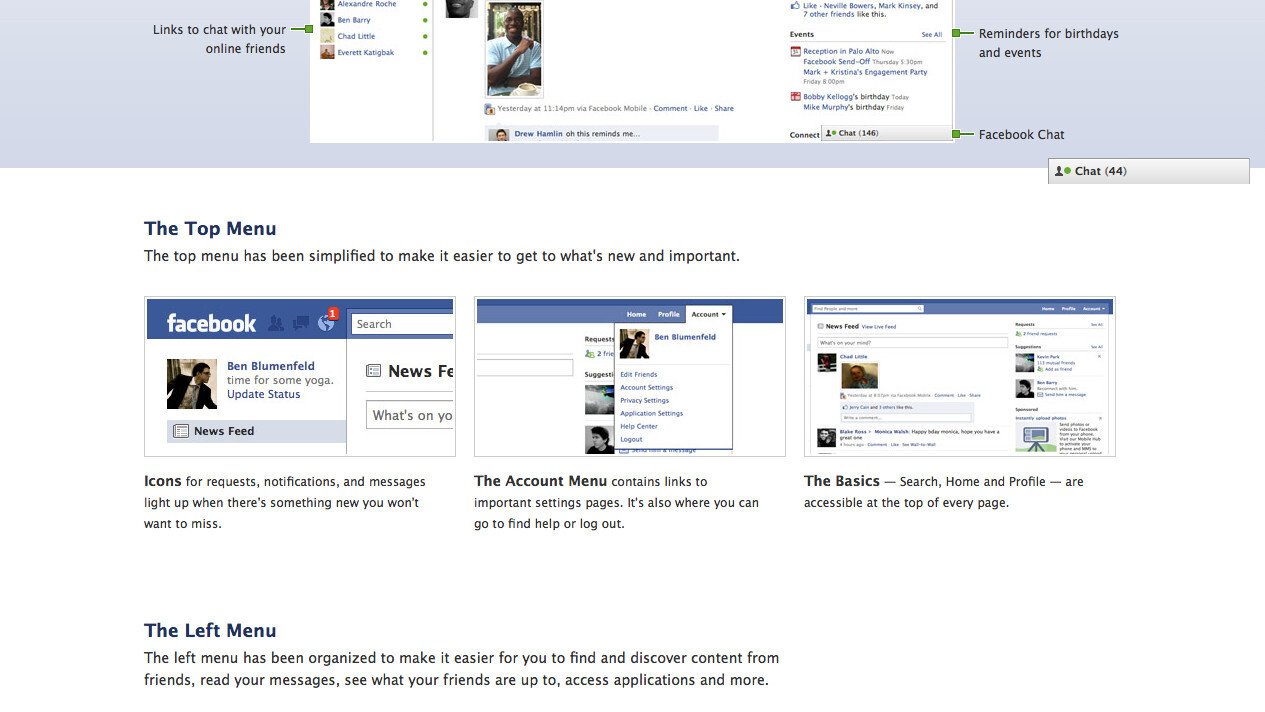
 There has been a lot of chatter, since Facebook’s F8 announcements, about how the company will be the downfall of Google. Or, in some cases, the chatter is about how it will push Google to do what it does in a different manner.
There has been a lot of chatter, since Facebook’s F8 announcements, about how the company will be the downfall of Google. Or, in some cases, the chatter is about how it will push Google to do what it does in a different manner.
“Be more open! Show me what my friends find interesting! Bring me the best of the Internet!” The cries resound from the Facebook flock, and they’ve gotten a little bit louder each day. According to the herd, Google needs to step up to the plate in order to compete.
Personally, I’m calling shenanigans. Here’s why:
Facebook is hosting a metric boatload of search traffic. This much is true. However, I think that in order to understand those numbers, you have to understand what people are trying to find and why what they’re trying to find only further solidifies Google’s position.
There are certainly two classes of search that are done:
- Search for unknown results
- Search for social results
Granted, there are likely many more types that are done, but I think we can narrow down to these two for the sake of this post.
I might very well use Facebook search to find out what restaurant my friends like, or what the funniest cat video of the day is. Really, there’s probably not a better platform, for finding things that your friends like or enjoy.
Conversely, if I were searching for the history of the Dvorak keyboard, I’d immediately start with Google. Why? Because that’s what Google does. It takes the entirety of the Internet and makes it present itself in a clean, somewhat-organized form.
 Face it, you wouldn’t dream of doing investigation for a research project using Facebook search. That is of course, unless that research were more appropriate to what Facebook does. If you really want to see the search results that are based on a demographic of your friends, then Facebook is your answer.
Face it, you wouldn’t dream of doing investigation for a research project using Facebook search. That is of course, unless that research were more appropriate to what Facebook does. If you really want to see the search results that are based on a demographic of your friends, then Facebook is your answer.
Yes, Facebook does provide Internet site results. I wouldn’t dream of misleading you into believing that it doesn’t. The issue that I take with those results spawns from the fact that they’re just a Bing search, and they’re displayed low on the page. I can change that, but it requires more clicks than I’m willing to give when I could simply open another tab to Google.
When it comes to search, Google does one thing, and it does that one thing exceptionally well. It will be years before any company can even begin to come close to the results of Google Search.
The question that arises, though (especially given the power behind the social graph API), is how long this situation will remain as it is. Will Google eventually have to step up its game directly to combat Facebook? It’s possible. Not likely, but possible.
We’ll watch what happens and of course we’ll report it to you when it does. But in the mean time, I’m off to Google a few more ideas.
Get the TNW newsletter
Get the most important tech news in your inbox each week.




